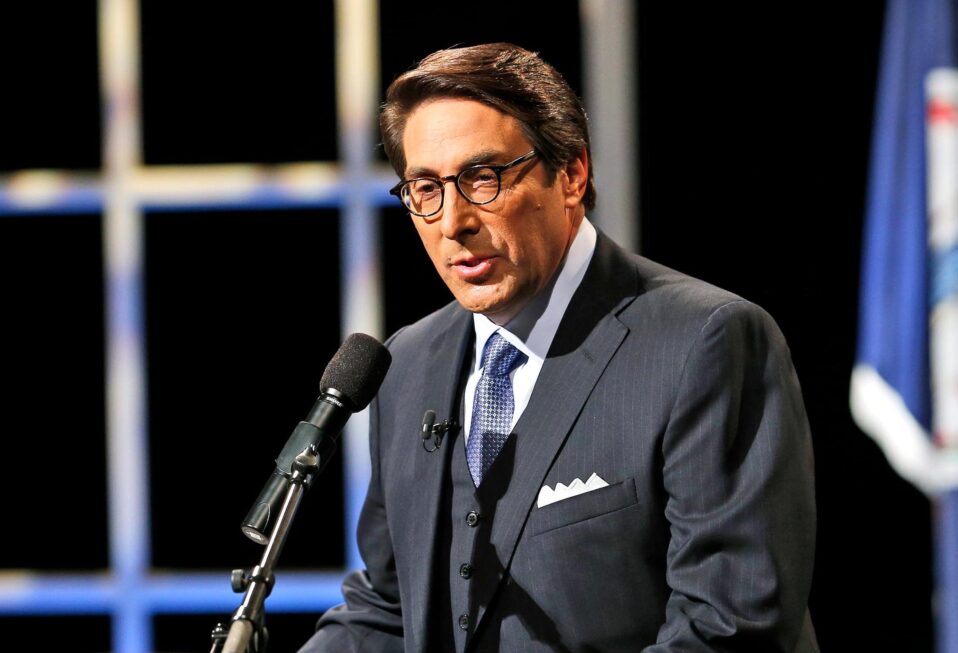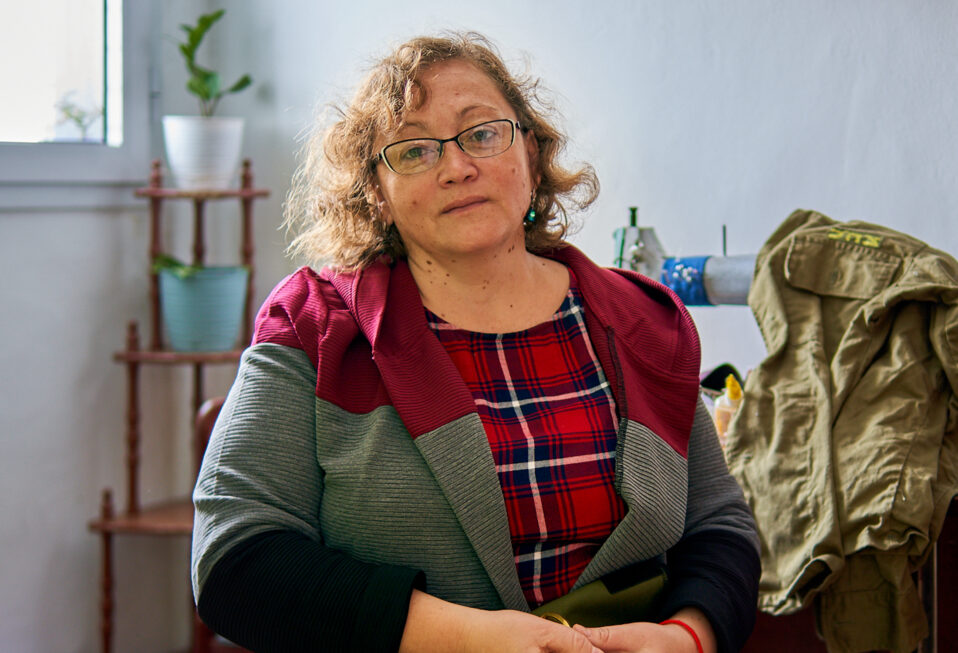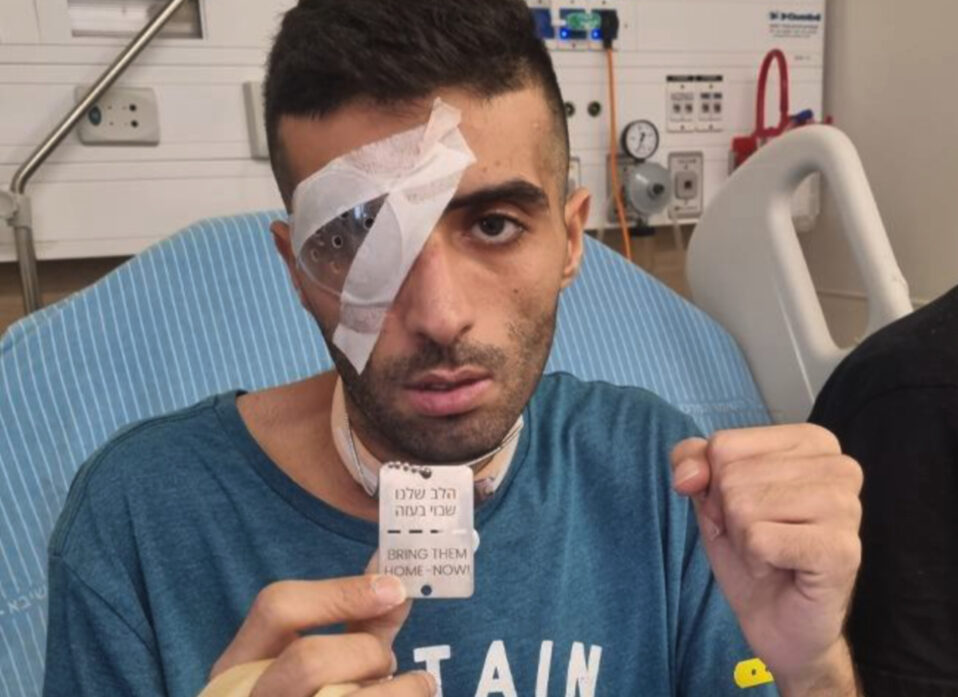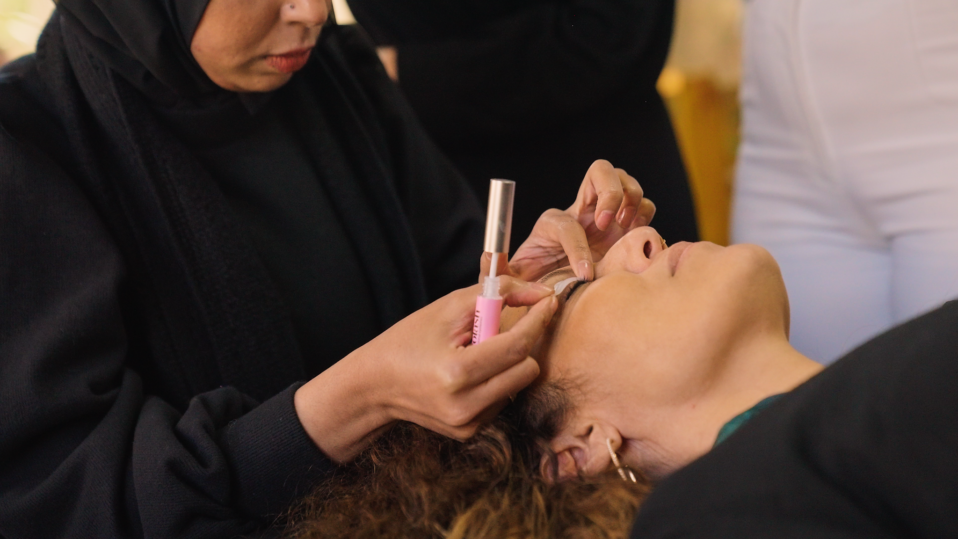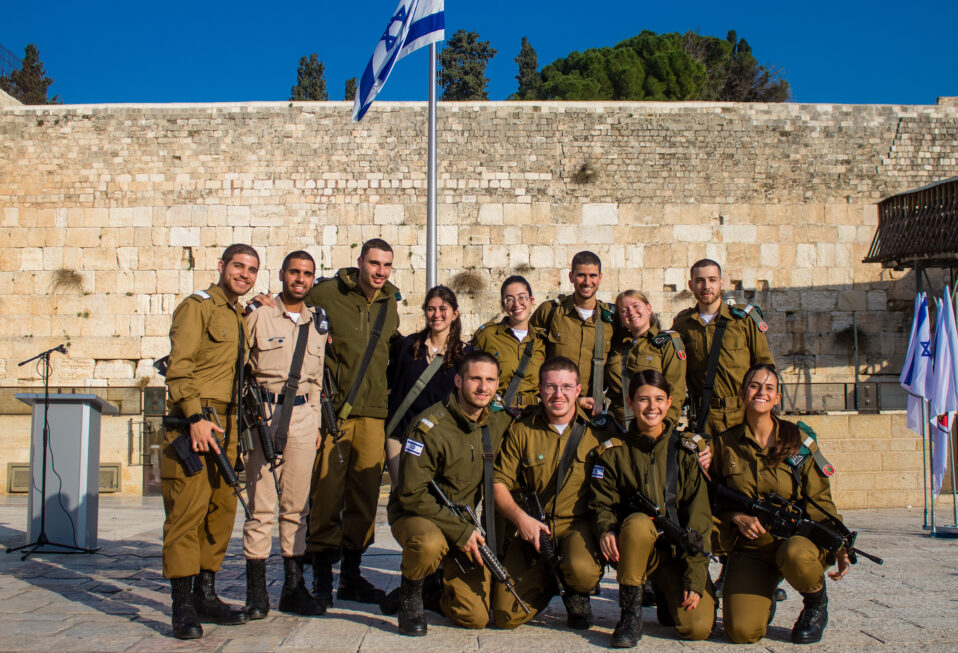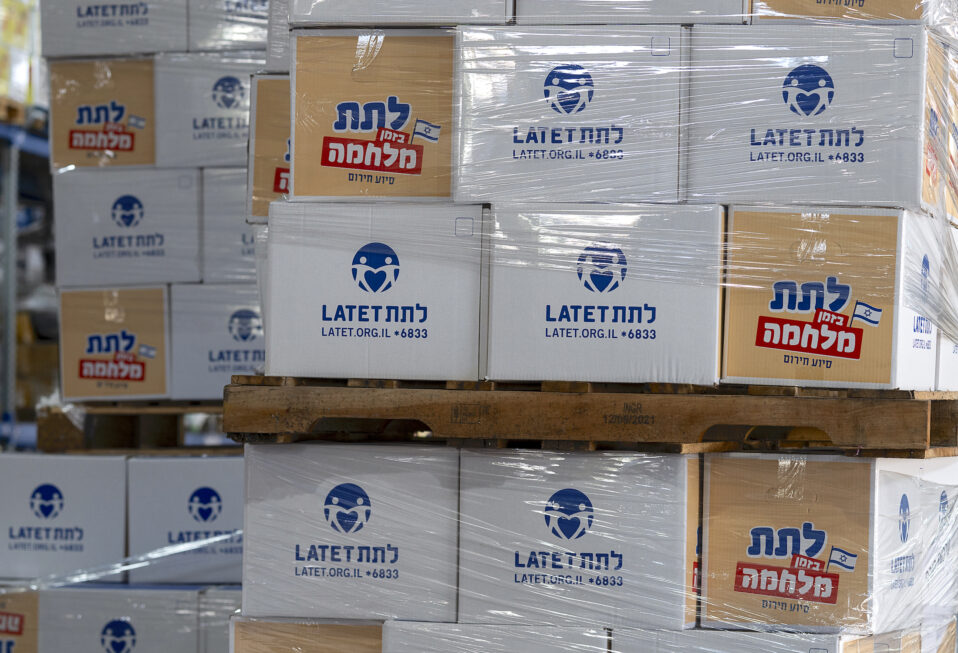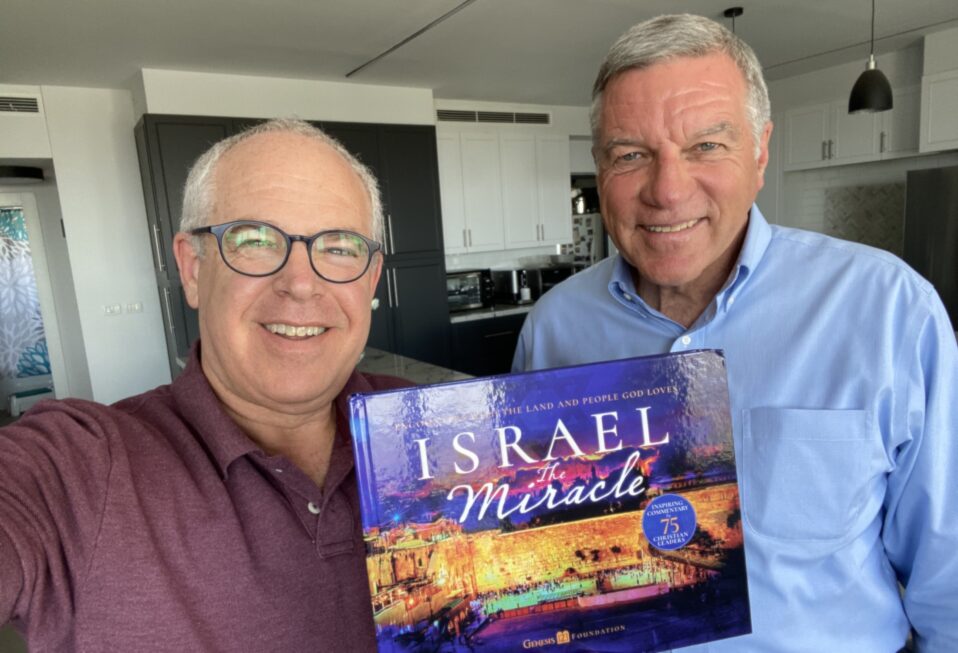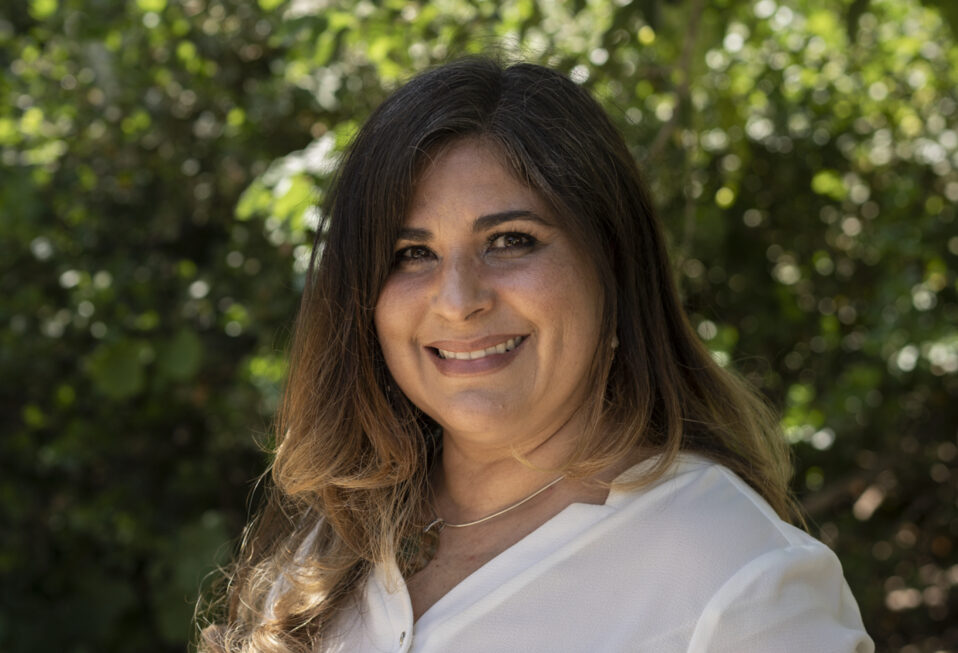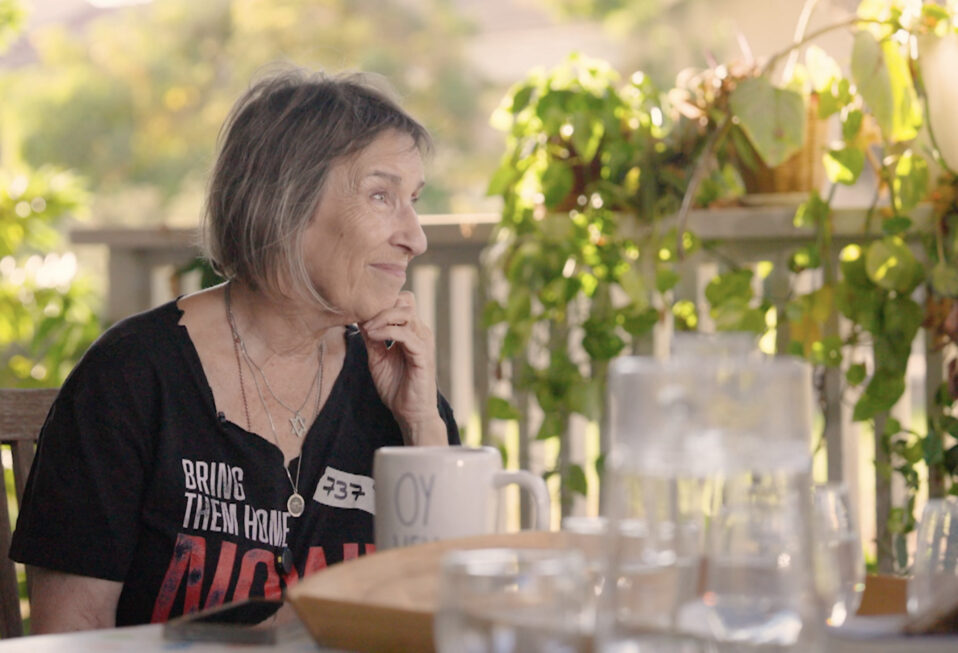By Arlene Bridges Samuels
The American Center for Law and Justice (ACLJ) may not be a familiar name to everyone. However, amid a slate of world-changing initiatives launched by Christian media pioneer Pat Robertson (1930-2023), he and attorney Jay Sekulow founded the not-for-profit organization in 1990 after Robertson observed a steady decline of Judeo-Christian principles. Today, Robertson’s forward-thinking initiative is composed of legal warriors for justice who focus on constitutional and human rights law worldwide. The ACLJ’S calendar is crowded with weighty litigation that actively opposes irrational accusations against the Jewish state. Paramount among these cases post-October 7 are those representing Israeli hostage families.
ACLJ’s history of litigation on behalf of Israel in world courts includes establishing a Jerusalem office in 2011. After October 7, their workload increased dramatically. They immediately mobilized their Jerusalem office and other offices worldwide, sending legal briefs to the United Nations, European Union, Council of Europe, and key members of Congress—demanding action and making the case for Israel’s right to defend itself. At this writing, 134 hostages remain imprisoned in a concentration camp of tunnels.
Early on, ACLJ launched a petition demanding the release of all hostages. Then, via their affiliate, the European Centre for Law and Justice, Chief Counsel Jay Sekulow sent a letter to the UN condemning the attacks on Israel. In November, from their headquarters in Washington, D.C., they advanced essential conversations on Capitol Hill by setting up a series of meetings with Congress and media. Speaker of the House Mike Johnson formally recognized the hostages’ families as well as Jay Sekulow and his son Jordan Sekulow, ACLJ’s Executive Director. With great emotion, family members recounted with Democrats and Republicans how Hamas had kidnapped and brutalized their family members. Each story was wrapped in horror and heartbreak.
Doris Liber, the Israeli-American mother of Guy Iluz, related the story of her 26-year-old son, a musician abducted at the Supernova Music Festival. On October 7, when Doris first heard Israeli sirens, she called her son to check on him. He was driving home with friends for dinner. Then 30 minutes later, Guy’s father called, putting Doris on a three-way call with their son. Guy told them all his friends in his Jeep had been murdered, that he had been shot and was hiding in a tree.
Guy’s father told him, “Look around, try to find dead bodies—try to crawl under a dead body. Act like you’re dead.” Doris heard gunshots in the background and Guy said in a whisper, “Nobody is getting out of this alive, so I need to say my last words.” He told his mother and father that he loved them. And Doris said her last “I love you” to her son.
Doris learned later that Hamas terrorists had eventually spotted Guy and taken him hostage. Then came every parent’s nightmare: An Israeli group representing hostage families reported on December 1 that Guy had died in captivity after Hamas dragged him into Gaza. Since the attack that killed her son, Doris Liber has attended the funerals and sat shivas (Jewish mourning rituals) for her son’s dead friends. She has also traveled the world to raise awareness about her son’s abduction and to share her family’s story.
ACLJ is pressing in with additional litigation as well as resources for Israel advocacy. Examples include a January case at the International Court of Justice where South Africa’s government accused Israel of genocide. ACLJ helped defend Israel by sending legal briefs to over 50 countries. Long before October 7, ACLJ was already presenting arguments at another court, the Hague’s International Court of Justice, to help protect Israel’s national security interests.
In January, ACLJ created a video titled The Myth of Palestine, an especially valuable tool now that the United States is leading a misguided demand for a two-state solution, which is an existential issue for Israel. ACLJ’s online presence is filled with additional educational tools, including A Brief Legal History of the Conflict, The Myth of Occupation, and The Myth of Israeli Apartheid, among other topics. While the U.S., Qatar, and other countries are pressing evil-minded Hamas to free the remaining hostages—and the bodies of those already murdered—ACLJ remains hard at work not only advocating for Israel but representing pro-life Christians in the United States. They are appearing before the U.S. Supreme Court to contest states trying to remove Former President Trump from ballots, litigating on behalf of persecuted Christians in Afghanistan and Pakistan, and defending Jewish students on college campuses.
Since its 1990 founding, ACLJ has expanded exponentially in Israel, France, Kenya, and Zimbabwe—after those interested in religious rights asked the ACLJ to form these organizations modeled on the ACLJ-USA.
Sekulow, who is a Jewish believer, has engaged a team of experts that includes former U.S. Secretary of State Mike Pompeo and Richard Grenell, who served as Director of National Intelligence. ACLJ’s commitment rests on “ensuring the ongoing viability of freedom and liberty in the United States and around the world” by “focusing on U.S. constitutional law, European Union law and human rights law” to protect “universal, God-given and inalienable rights.”
Former Israeli Ambassador to the United States Danny Ayalon (serving from 2002–2006) described Sekulow as “a true friend of Israel who has fought with us hand-in-hand in some of Israel’s most strategic, international battles.” Sekulow’s letter to the United Nations immediately after October 7 demonstrates his skill and commitment. Yet, it is indeed outrageous that in almost five months, the UN has done little of what Jay Sekulow’s letter outlined: Publicly condemn Hamas. Demand the immediate return of hostages to Red Cross/Red Crescent custody. Conduct a detailed review of all UN funds for Gaza. Publicly affirm Israel’s legal right to respond to the Hamas attack under the UN Charter and the laws of armed conflict. Renounce any equivalency between Hamas’s actions and those of Israel.
After reading Jay Sekulow’s essential points, we as Christians must seriously consider our commitment to stand with Israel amid the diabolical voices still assaulting Israelis with lies and accusations, the cruel game they are playing with hostage release, and the severe trauma that has beset our brave and determined Israeli friends. ACLJ is recruiting “Champions” to join them as they fight almost 24/7 for true justice. There are numerous ways to be a champion. Learn more at ACLJ.org.
And let us thank God once again for the visionary Pat Robertson, founder of The Christian Broadcasting Network. His legacy as a Christian statesman to bless Israel endures. Join our CBN Israel team this week knowing that the God of the Universe will triumph. Proverbs 21:15 says, “When justice is done, it brings joy to the righteous but terror to evildoers.”
Prayer Points:
- Pray for ACLJ in their critical efforts to stand with Israel in global courts.
- Pray for the families of hostages as they wait in agonized suspense for news of their loved ones.
- Pray that the U.S. will abandon any two-state solution proposals.
- Pray for unity to remain between the Knesset, Prime Minister Netanyahu, and the IDF.
Arlene Bridges Samuels pioneered Christian outreach for the American Israel Public Affairs Committee (AIPAC). After she served nine years on AIPAC’s staff, International Christian Embassy Jerusalem USA engaged her as Outreach Director part-time for their project, American Christian Leaders for Israel. Arlene is an author at The Blogs-Times of Israel and has traveled to Israel since 1990. She co-edited The Auschwitz Album Revisited and is on the board of Violins of Hope South Carolina. By invitation, Arlene attends Israel’s Government Press Office Christian Media Summits. She also hosts her devotionals, The Eclectic Evangelical, on her website at ArleneBridgesSamuels.com.


